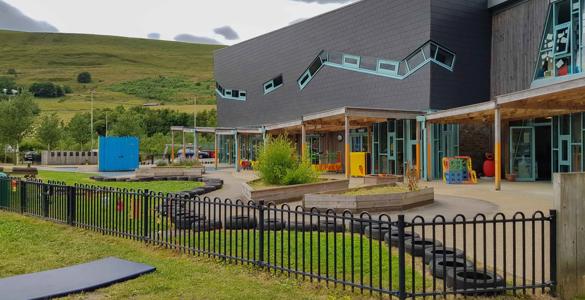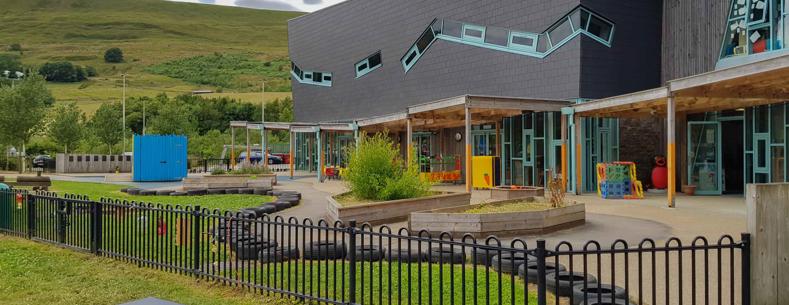The Children, Young People and Education Committee explored whether disabled children and young people have equal access to childcare and education. The concerning answer they found, was that a significant number do not.
The Committee wanted to learn about the childcare and educational experiences of children and young people with physical and sensory disabilities, additional learning needs (ALN) and those who are neurodiverse. As well as hearing from those who work in education and childcare or in organisations that support disabled people, the Committee heard from many families and learners who have their own, often difficult experiences.
Throughout this Senedd term (May 2021 to March 2026), the Committee is scrutinising the implementation of the ALN reforms as well as the curriculum reforms. While the Committee’s inquiry into access to education considered a wider group of learners, the evidence suggested that there were a range of difficulties for learners with ALN in accessing their educational rights. These two pieces of work have complemented and informed each other. You can read about the Committee’s most recent report on the implementation of the reforms in our article last month
What did the Committee find about childcare?
Parents spoke of the great difficulties in navigating the system to find childcare that was suitable for disabled children. Often there is no local childcare available to support disabled children and in some instances parents have to travel long distances in order to do so. The Committee heard that there were difficulties in finding suitable Welsh medium provision as well as accessible childcare that fits around the school day or during school holidays.
This has obvious impacts on the ability of parents and carers to work as well as denying children the opportunity to socialise and enjoy all the benefits that childcare brings. As well as the challenges for families, the Committee understood that there are also challenges faced by the childcare sector in providing affordable accessible childcare places.
How accessible is education?
Children and young people have a right to an education under the United Nations Convention on the Rights of Child (UNCRC).The Committee concluded that a significant number of disabled learners, those with ALN or who are neurodiverse are being denied this right. There are many reasons for this including:
- a lack of suitable access to a school building or suitable learning spaces;
- direct and indirect discrimination;
- challenges in the delivery of the ALN reforms.
- inconsistency in provision across Wales;
- a lack of understanding of disabilities;
- families have had to change the language they speak at home to support their child going to a school that will support their needs;
- limited financial resources or staffing;
- children and young people missing out on the extra-curricular activities that their peers enjoy.
Although some families and learners reported positive educational experiences, there was much evidence of children, young people, families and schools struggling to ensure education is inclusive. Time and again, families said that they had to fight for their basic rights, the rights that families without disabled children take for granted.
How does this affect children, young people and their families?
A denial of the right to education has obvious effects on children, young people and their families. These may be emotional and physical health as well as educational attainment and future opportunities.
The Committee made many recommendations, 31 in total. These included ensuring that there is more research and data on the gaps in childcare provision and that the Welsh Government should set out how identified gaps in inclusive and accessible childcare should be met. Also, that there should be more training for teachers and school staff and those in initial teacher education in understanding and supporting learners with disabilities. There were also recommendations about allied health professionals and how information for families is provided.
Although there were many recommendations, the Committee wanted to convey a single overarching message, that children’s rights are being denied. This has immeasurable impacts on children and young people themselves, but also their families and the wider community. The Committee found much of the evidence from families and young people hard to hear, but that the joy and love that the families had and their determination to do their best was inspiring.
What happens next?
The Welsh Government responded on 2 October 2024 accepting 25 of the 31 recommendation either in whole or in principle . The Senedd will hold a debate on the inquiry on 13 November 2024 which you can follow on Senedd TV, with a transcript available shortly afterwards.
Article by Sian Hughes, Senedd Research, Welsh Parliament






